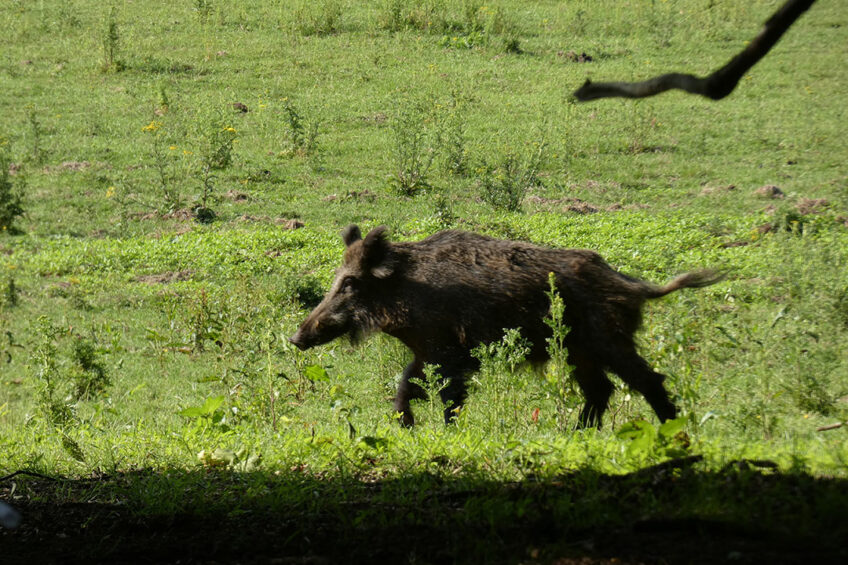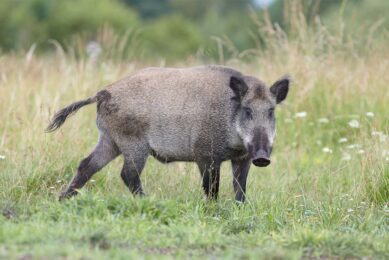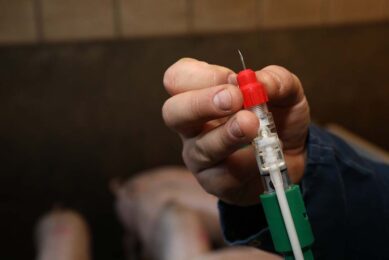ASF Poland: optimism among farmers returns

Pig producers in Poland have started to feel more optimistic since no new African swine fever (ASF) outbreaks have been reported at pig farms in the country since 14 July 2022. At the peak of the ASF epidemic, the country registered 30 to 40 outbreaks per month.
Weronika Łabinska, member of the board of pig company Derwe Pol said in an interview with local publication Wiadomoscihandlowe: “If we look at the current ASF map, there are fewer and fewer red zones [territories unfavourable on ASF]. Of course, it will take a long time for the virus to retreat. However, we have already seen a significant improvement. A year ago, the situation was completely different.”
Nobody wants to invest in pig farming. The risk is too high right now. If this positive trend continues, who knows?
Stimulating investments
If the ASF epidemic in Poland keeps winding down, it may stimulate Polish pig producers to scale up operations. “Nobody wants to invest in pig farming. The risk is too high right now. If this positive trend continues, who knows? Hope emerges,” Labinsk added.
Competition against import
Labinska admitted that ASF is not the only factor hampering the Polish pig industry. Polish pig farmers experience increasing competition with imports from Europe. Spain is the largest European pork producer and takes advantage of the economy of scale. Currently, Spanish pork is nearly 10% cheaper on the Polish market than pork from local farmers.
In addition, Spanish pig companies managed to deliver pork in large quantities, which plays an essential role during negotiations with retail chains. Łabinska said that for retail, it is easier and cheaper to purchase large batches from a single supplier than to liaise with several smaller companies.
Belgium
Currently, Belgium is the largest supplier of half-carcasses to the Polish market, delivering around 200,000 tonnes per year. From Spain and Germany, Polish companies import primarily pork cuts.
Consumption remains strong
On the bright side, in the Polish pork market, consumption has not been noticeably impacted by the soaring food inflation. “It cannot be ruled out that cheap food will become more popular, but in a crisis, Poles will decide to cut their expedites on food products last,” Łabinska said.
 Beheer
Beheer








 WP Admin
WP Admin  Bewerk bericht
Bewerk bericht